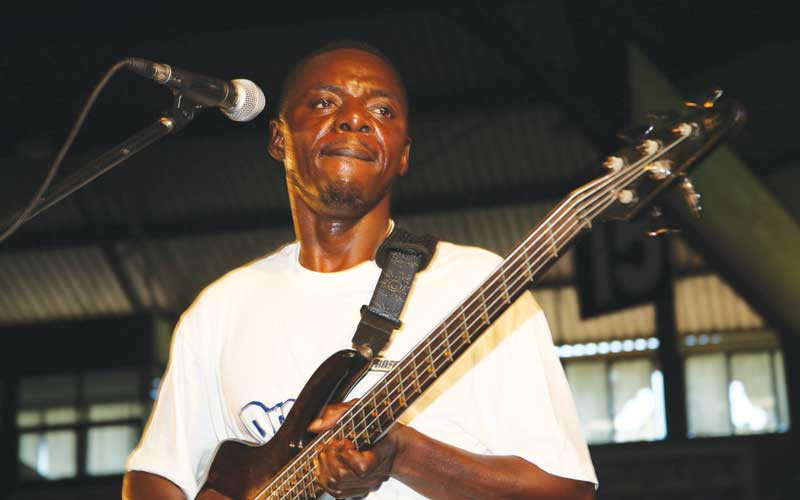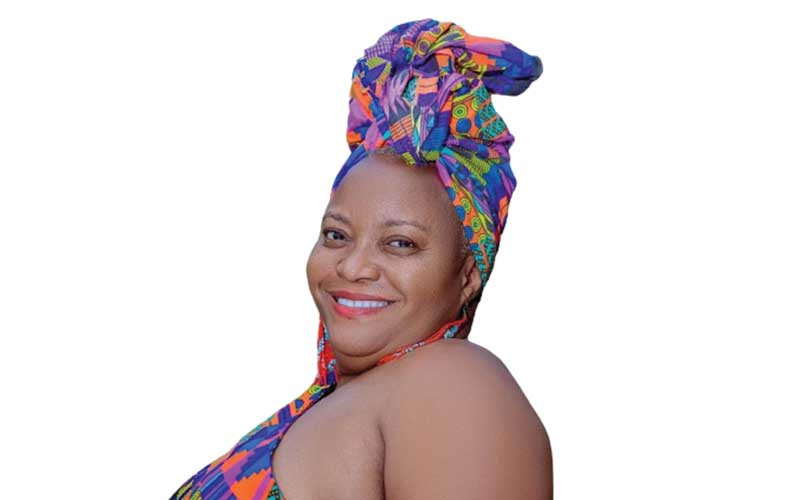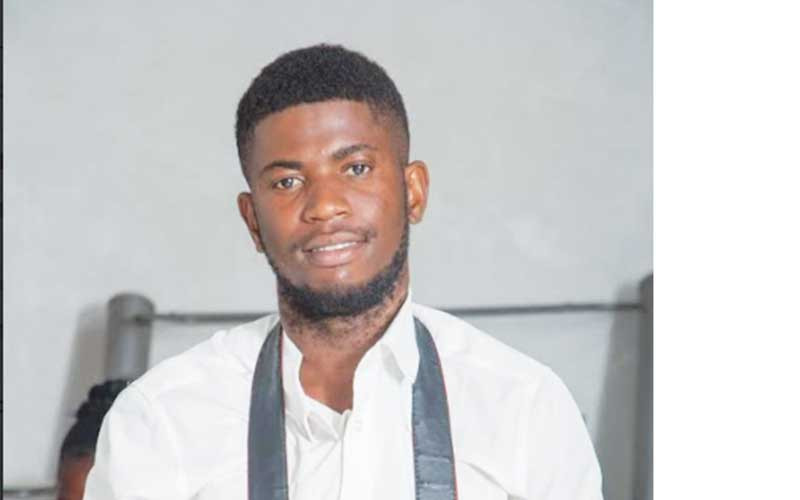
Renowned jazz artist and producer Clive “Mono” Mukundu says if upcoming local musicians want to succeed, they ought to realise that talent alone is not enough to make a big name in the music industry.
The quality of music and business sense are key.
In an interview with NewsDay, Mukundu, who is one of the most recorded artists in the country, having featured in over 400 local and international albums and is the owner of the Monolio Recording Stable, said if musicians handled the business side of music badly, they would either die poor or continue a lifetime of struggle.
“The business aspect in music includes the type of music you choose to be identified with, as some types of music will give you fame without money. How you behave in public, how you dress in public, how you treat your fans, and remembering that controversy does not sell in Zimbabwe, among other things is crucial,” said Mukundu.
The soft, humble and down-to-earth Mukundu opened up to NewsDay (ND) entertainment reporter Tinashe Sibanda about his road to success. Below are excerpts of the conversation.
ND: When did you discover your passion for music?
CM: Around the age of nine I discovered that I could compose music easily. That’s the same period I made my first home-made tin guitar. And by the time I went to secondary school, I had made up my mind that I was going to take music as a job. I discovered my production skills much later in life after I had worked for years in the industry as a professional session musician.
ND: Who inspired you to take music as a full-time job?
- Chamisa under fire over US$120K donation
- Mavhunga puts DeMbare into Chibuku quarterfinals
- Pension funds bet on Cabora Bassa oilfields
- Councils defy govt fire tender directive
Keep Reading
CM: As a guitarist I was inspired by two guitarists, Jonah “Sabhuku” Sithole and Jimmy Hendrix. In music composition, I was greatly inspired by Bob Marley that I almost became a Rastafarian. To be a producer, I was inspired by Andrew Baird, Fortune Muparutsa and Quincy Jones.
ND: What challenges did you face during the early stages of your career?
CM: I lacked family support as my father wanted me to become a teacher or a professional in any formal job. Thus, as a youngster, I was subjected to corporal punishment each time he saw me holding a musical instrument. He only gave up beating me later when he realised that I wasn’t giving up.
Recording was not so easy back then. When I started, there was only one studio and one had to go through a tough audition. So when I was 17 (1988) with my first band, we had more than ten auditions and failed all of them until the band broke up because my fellow band members were discouraged. They quit.
Worse still, we had no money for transport and food, so we had to walk from Kuwadzana to Southerton hungry. Auditions with my second and third bands also failed and I only managed to record with Somandla Ndebele with my third band Chikokoko in 1992. That was four years later. Another challenge, after all the hustle was accessing instruments.
These days upcoming musicians get easy access to recording studios without auditions and popularity is so easy to get. So being a musician these days has far less challenges than when we started.
We had to beg established artists to play during their break times, so that we could get used to electric instruments and during our first days, we would be booed off stage because we were not that good. ND: What steps did you then take to reach to the top?
CM: Up to now I work very hard to perfect myself as a guitarist and as a multi-instrumentalist. The moment you think you are now a star, that’s when you fall. I realised I needed integrity on handling my business, private and public life. As a Christian, I valued my marriage and profession and realised that controversy didn’t sell.
As a producer I took my job seriously by avoiding double-booking clients, allowing strangers to sit in a studio session they were not part of and I respected time, so my clients always felt respected. I also took opportunities seriously, that’s why I managed to buy studio equipment with my salary at Tuku Music during the four years I worked with the legend Oliver Mtukudzi, who was my best boss ever.
ND: How have you managed to balance your music, family and business for so many years?
CM: Mainly because of my Christian beliefs and my love for my wife of 18 years, Jean. I spend a lot of time with her and I call that “pest control”, it’s easy to beat temptations if you are always with your wife. Even on social networks, I make sure we are together on profile pictures. I also don’t have close female friends because I don’t want my wife to ever feel threatened.
ND: What advice would you give to young artists concerning relationships, groupies etc?
CM: In terms of women scandals, musicians need to know that there are groupies that want any musician or popular figure whether good-looking or not, and will do anything to be with you, but soon after they sleep with you they leave for the next celebrity.
There are many bands that have been covered by one groupie, so if you are new to fame and you see women falling all over you, my advice is remember that they are merely groupies and parasites who are going to do the same thing to the next artist. It isn’t that you are hot or that they care about you. You end up risking your life for two minutes of pleasure.
ND: What were your worst moments during the growth of your career?
CM: One of my worst was when we were abandoned in Alaska by a music promoter in 1992 without bus fare to return home, food or anywhere to sleep and we had to beg a football team travelling to Harare for transport and they agreed, but made fun of us all the way.











